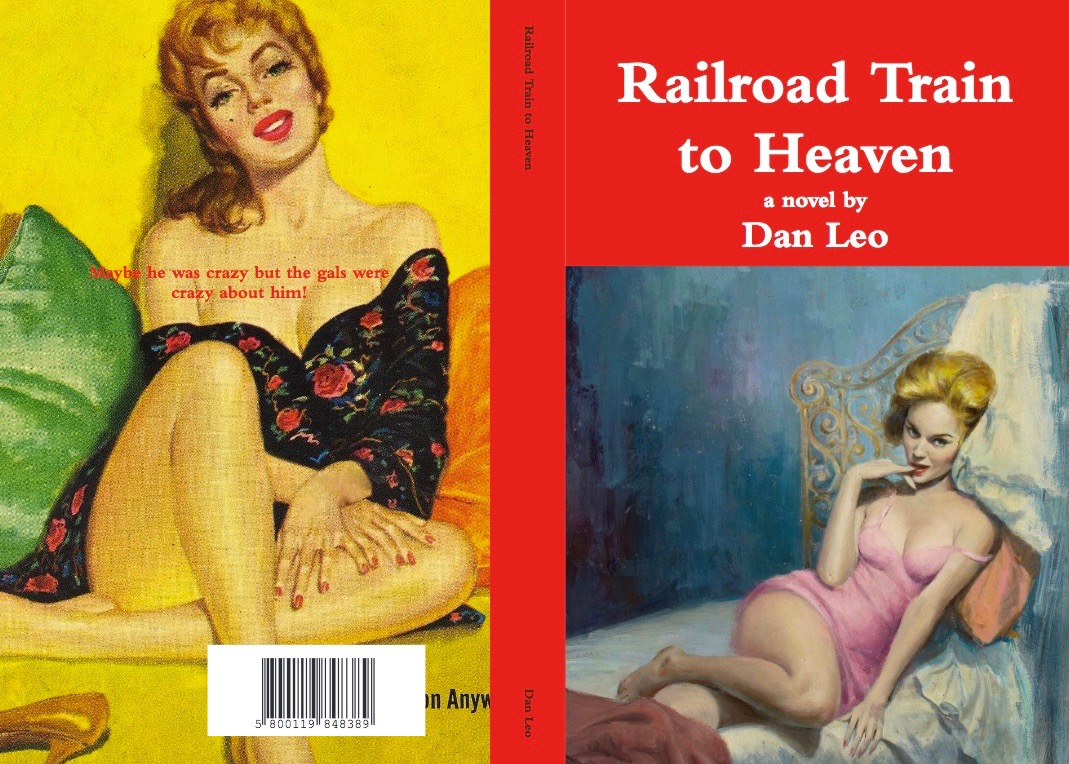
By special request we present again this classic Arnold Schnabel sonnet, dating from that dour period immediately preceding Arnold’s complete mental breakdown, originally published in the Olney Times for January 4, 1963; two weeks later he would be in a padded cell at the Philadelphia State Mental Hospital at Byberry.
If the present poem appears particularly gloomy even for this time of the year, please remember that this particular new year's eve was a mere two months after the Cuban Missile Crisis, during which the destruction of mankind suddenly loomed as a very actual possibility, and concerning the horror of which Arnold Schnabel had already versified so beautifully.
(The “Chew Avenue” of the title refers to the location -- on the corner of Chew and Lawrence -- of the local Veterans of Foreign Wars post, now sadly defunct.)
New Year’s Eve on Chew AvenueIt’s New Year’s Eve, it seems we’ve made it,
If only barely, through another year;
The terror, if not gone, has abated
Into a dull and grey persistent fear.
My mother’s sound asleep by eleven,
So I go to the VFW,
Shove to the bar of this drunkard’s heaven,
And say, “Pat, if you please, I’ll trouble you
For a Schmidt’s, backed with an Old Forester,
And keep them coming till I say not to,
Or until you throw me out; whatever;
Do what your conscience says that you’ve got to.”
I take that first sacred drink of cold beer:
“Happy new (let’s hope it’s not our last) year.”
(Republished for the first time since 1963 with the permission of the Arnold Schnabel Society of Philadelphia, PA. Kindly look to the right hand side of this page for a listing of links to many other fine poems by Arnold Schnabel, many of them suitable for recitations and toasts at family, business or social gatherings, weddings, and funerals during this holiday season. Be sure also to visit our ongoing serialization of Arnold's classic memoir Railroad Train to Heaven.*)
*"I read a page or two every night before retiring." -- Bertrand Russell






































